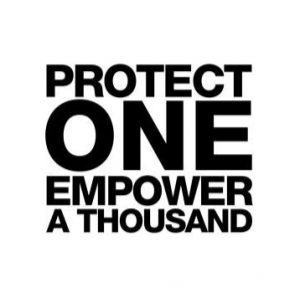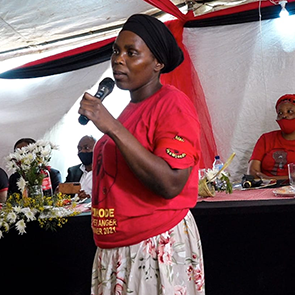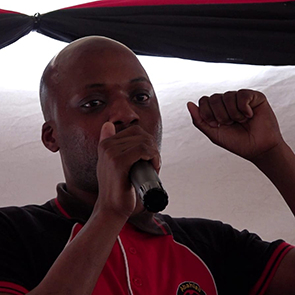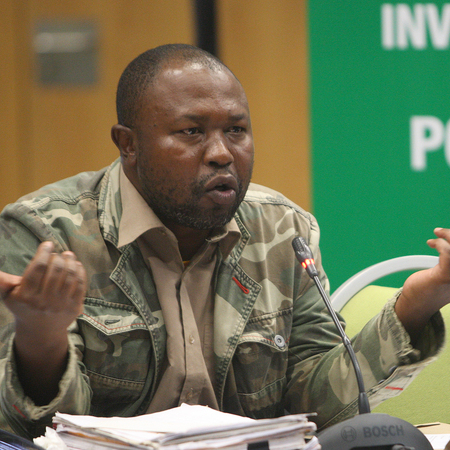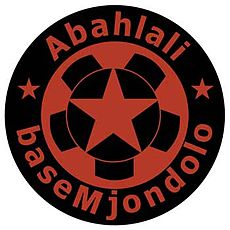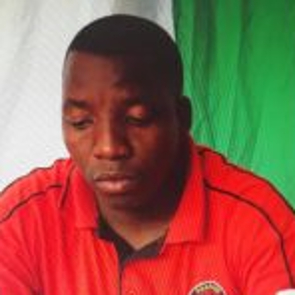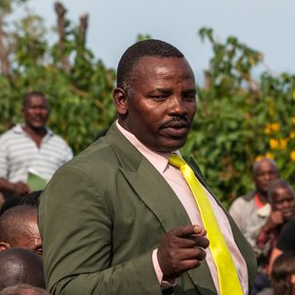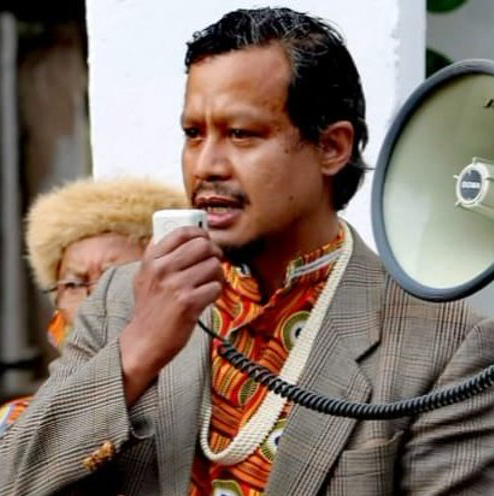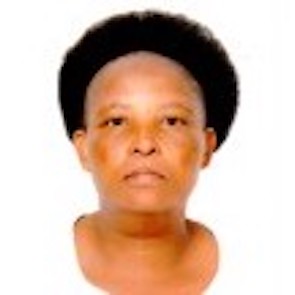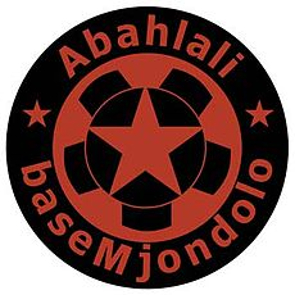#South Africa
#South Africa
The Republic of South Africa voted for the adoption of the resolution on the protection of human rights defenders (HRDs) by the United Nations General Assembly on December 18th 2015. Nevertheless, HRDs face threats, intimidation, harassment, and physical attacks, sometimes resulting in death, by private individuals and members of the police force. This is especially true for those human rights defenders working on corporate accountability and the impact of extractive industries on local people and the environment. Moreover, suspected perpetrators often go unpunished. There is overwhelming impunity for those who violate the rights of human rights defenders.
In rural areas, where job opportunities are scarce and economic prospects low, mining and extractive projects are seen as viable economic opportunities. Human rights defenders who raise concerns about loss of indigenous lands and environmental destruction in face of these projects are violently targeted. In September 2007 South Africa signed on to the UN Declaration on the Rights of Indigenous peoples adopted by the General Assembly. However, indigenous HRDs or those who are working on these issues have been killed, threatened, physically attacked and alienated from their communities.
Though the South African Constitution, adopted in 1997, contains strong commitments to equality for people of all sexual orientations, HRDs working on LGBTI and HIV/AIDS issues face a hostile environment where they are subject to harassment, acts of discrimination, and sexual and physical “corrective” violence. There is a lack of collaboration between LGBTI defenders and the police in charge of investigations into attacks on members of the LGBTI community as cultural stigma of this population is prevalent.
Human rights NGOs on the domestic and international level generally carry out their work without major government restrictions. They are able to investigate and publish their findings on human rights cases and government officials are somewhat cooperative and responsive to their views. In 1995, the South Africa Human Rights Commission (SAHRC) was established, and it works independently to promote the observance of fundamental human rights at all levels of government and throughout the general population. SARHC achieves this by different means including investigations into violations of human rights and research on the general human rights situation in different regions.
Nonetheless, the past few years have witnessed increasing government hostility towards independent civil society. During the Apartheid era, civil society organisations were harshly criticised and discriminated against simply because they acted as the voice of resistance against the Apartheid regime. Surprisingly, even today, the government seems to be growing uneasy with civil society as testified by the attempts in 2013-2014 to deregister thousands of them based on issues related to compliance. Paranoia about the perceived destabilising nature of some of these organisations has been so high that, as per recent media reports, the Zuma Presidency is reportedly crafting a legislation that would restrict foreign funding for local organisations and compel the licensing of international NGOs.
